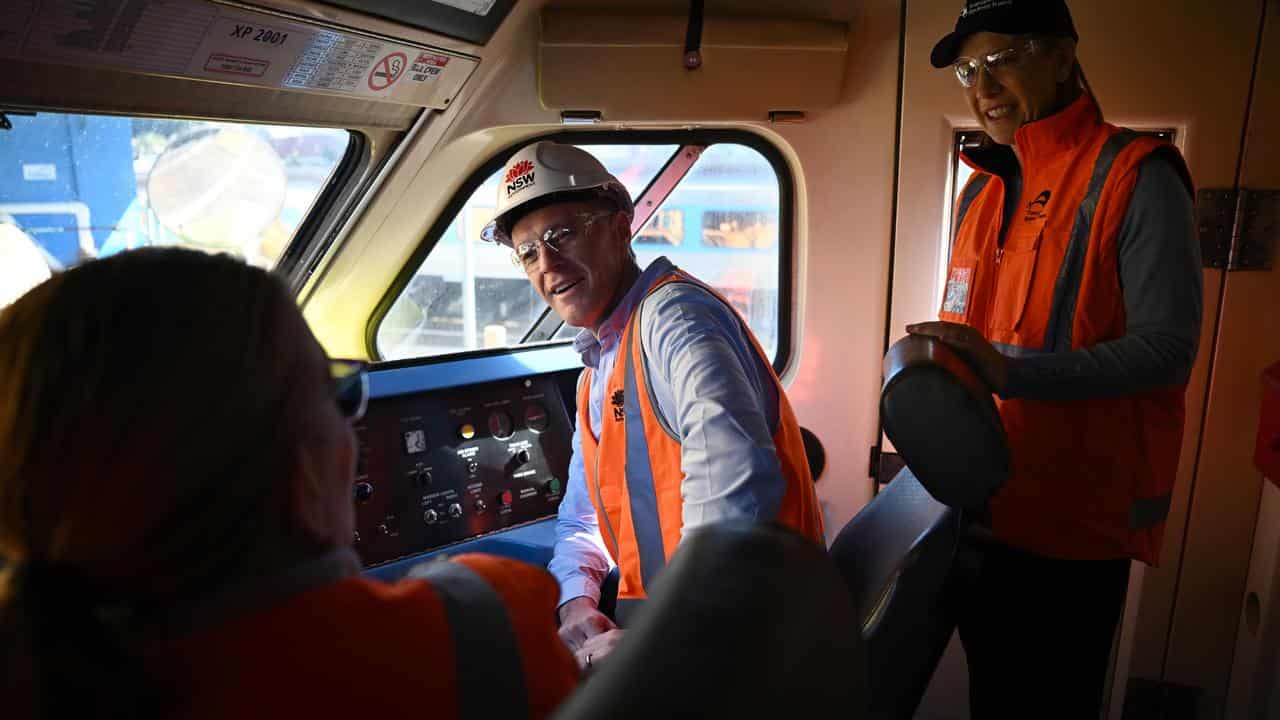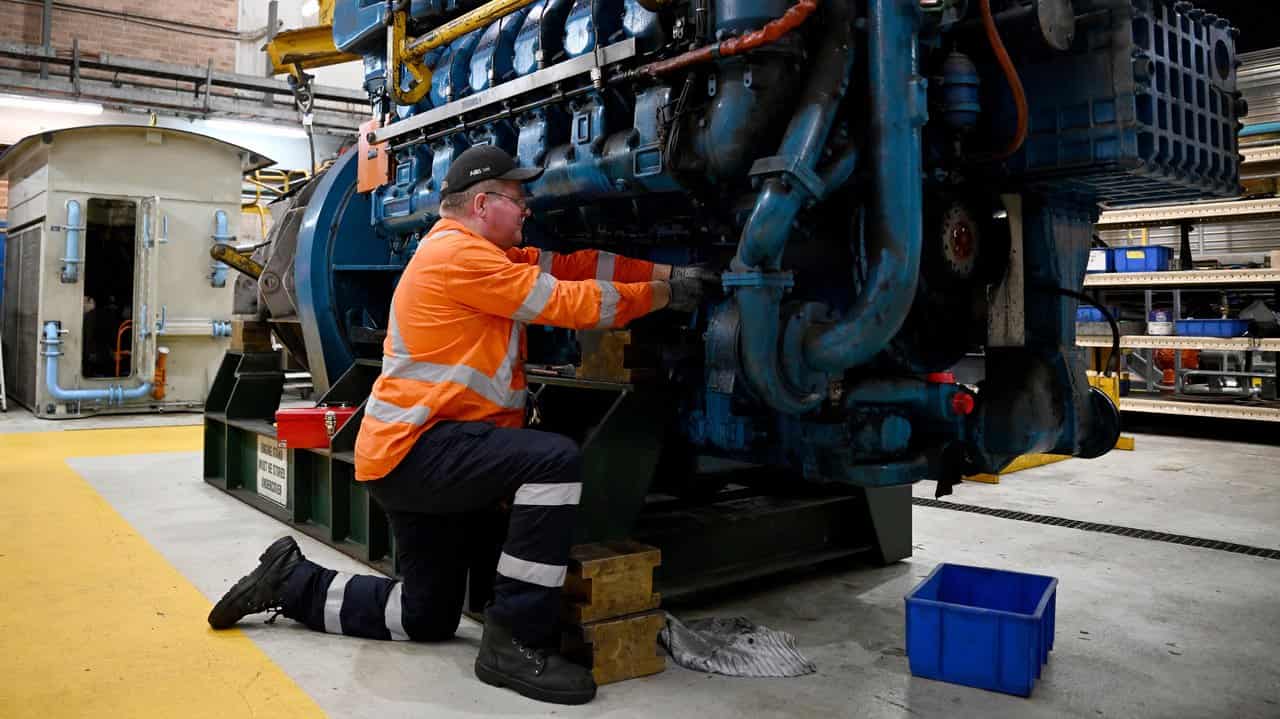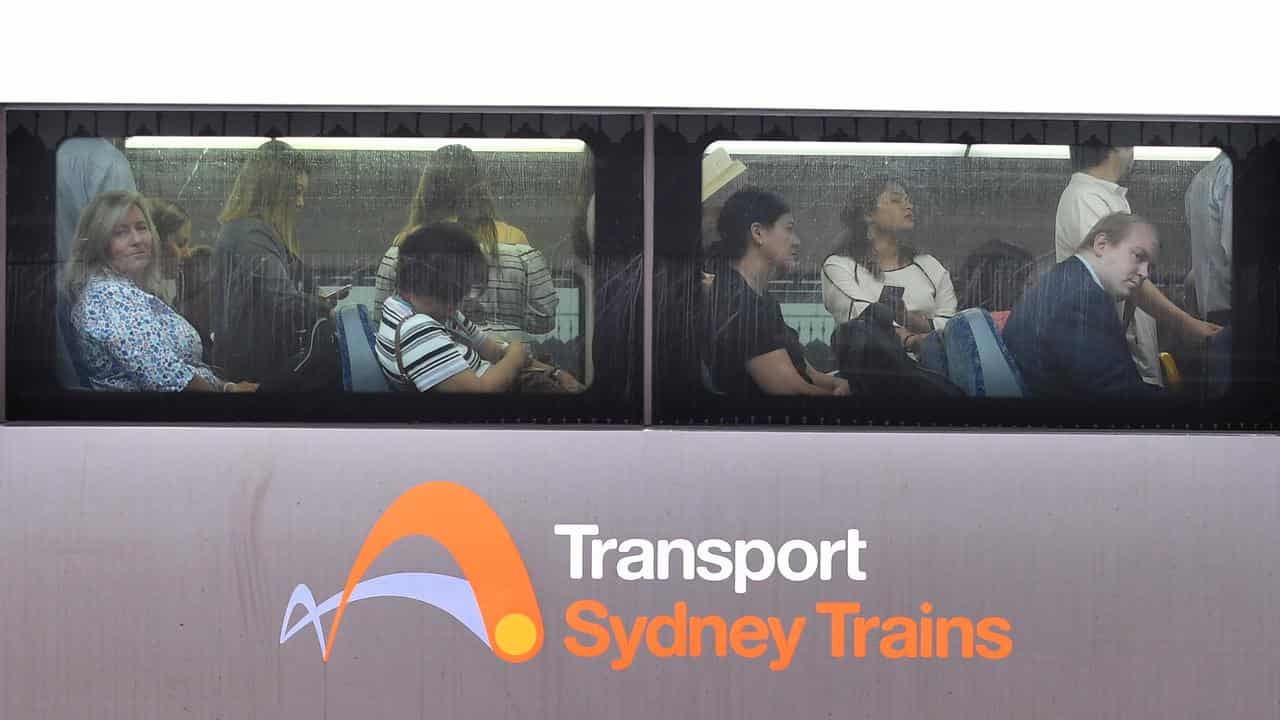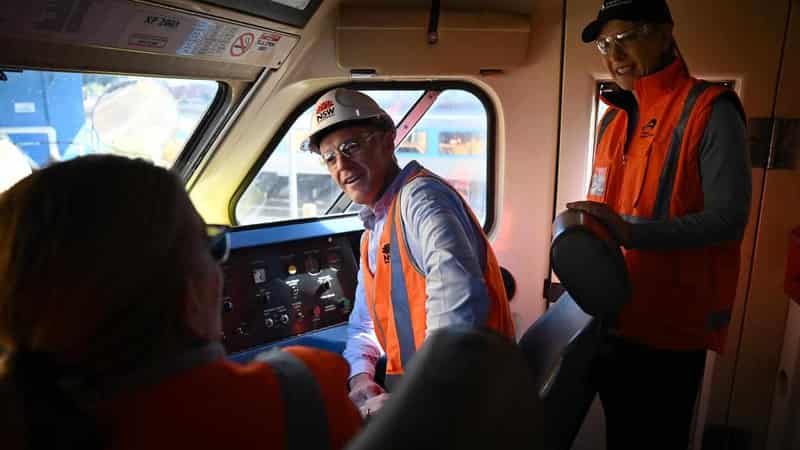
Defective trains causing commuter chaos are being targeted in a maintenance blitz aimed at sprucing up NSW's faulty fleet.
Train faults spiked 28 per cent in the past year causing 2445 delays and 595 service cancellations, the state government says.
Officials on Friday launched the state's largest co-ordinated maintenance program, with the removal of 2037 defects the first target of the $35 million project.
All 11 models of trains will be upgraded and 1622 carriages will be cleaned and painted.

But Premier Chris Minns said the investment was "more than a lick of paint" and would ensure less services were scrapped because of dodgy equipment.
The maintenance spend will be in addition to the government's $447 million program to extend the life of Tangara trains to buy time to develop a locally built replacement model.
A fleet of South Korean-built Mariyung intercity trains are on track to be delivered by the end of 2024, which will allow the government to retire 50-year-old "V-sets".
“(This will) keep the fleet going ... and that's in addition to a very ambitious domestic manufacturing program, which we can't wait to roll out,” Mr Minns said.
“This is not a waste of money, this is money well spent to make sure that the train that you need on a Monday morning is there when you need it.”
The $35 million spend will ensure carriages equivalent to 372 full trains will be upgraded.
Doors, brakes, windows, air-conditioning systems and CCTV cameras are all on the shopping list, along with technological and communications upgrades.

Nev Nicholls, who runs engineering and maintenance for Sydney Trains, said around 800 people would be working across seven locations on a 24/7 basis to get the repairs done.
“We're hoping that will have minimal impact for people ... but we must do this to ensure that the greater community gets to move every day," he said.
The new Mariyung trains, which will service routes from Sydney to Newcastle, the Blue Mountains and the south coast, were originally due to enter service in 2019, but the date has repeatedly been pushed back due to union safety concerns.
A similar year-long program improving rail infrastructure was hailed as a success, with the government pointing to a 35 per cent reduction in time spent dealing with related delays.









